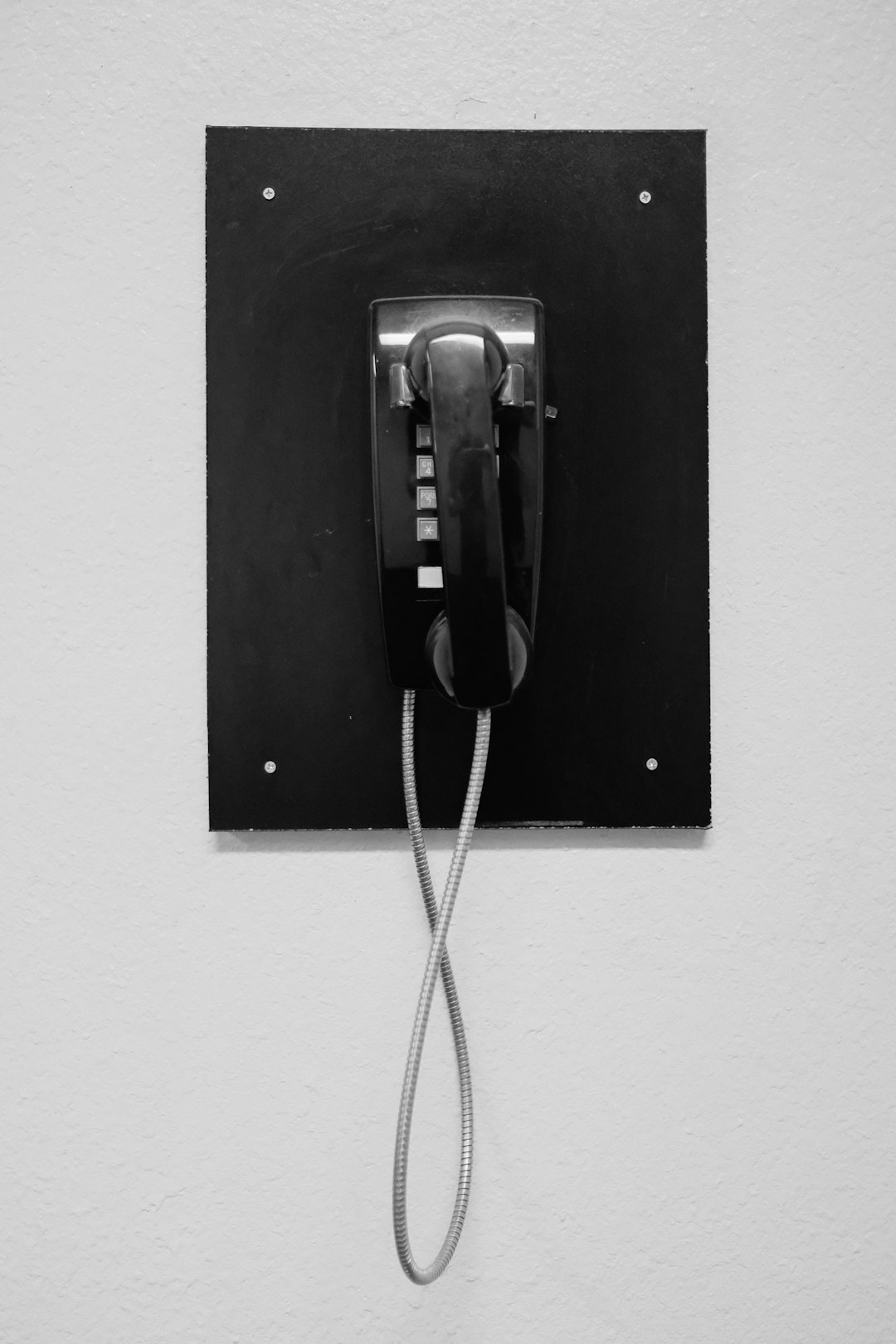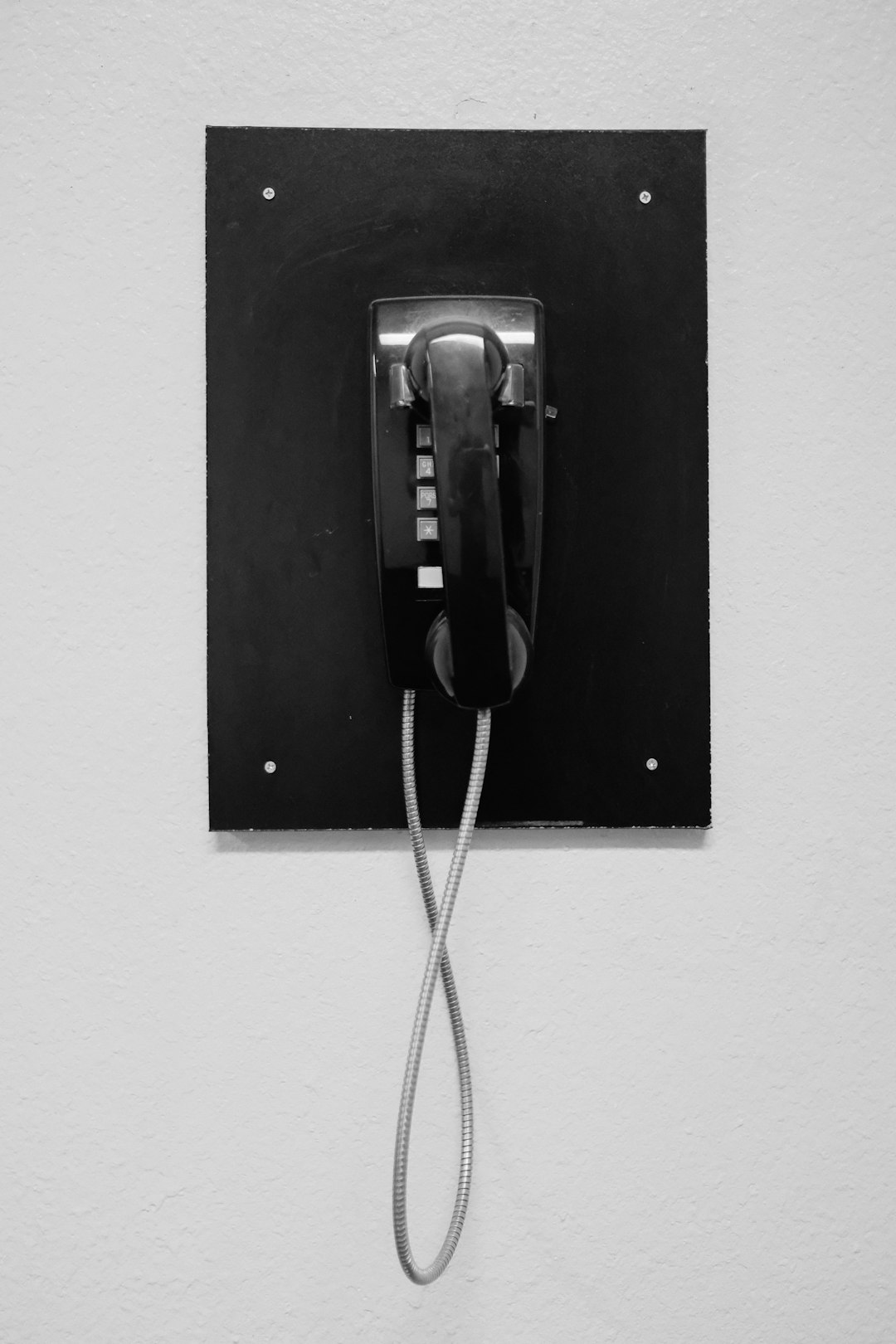The Telephone Consumer Protection Act (TCPA) protects Vermont residents from unsolicited phone solicitations, including automated calls and prerecorded messages, without prior consent. Identifying TCPA violations in South Burlington involves tracking unwanted calls, collecting evidence like call logs, recordings, and communications to substantiate complaints. Navigating legal requirements with specific guidelines and deadlines is essential for filing a successful complaint through official channels, backed by robust evidence to ensure compliance and protect consumers' privacy under VT's TCPA laws.
“In the realm of consumer protection, the Telephone Consumer Protection Act (TCPA) plays a pivotal role in regulating telemarketing practices. This guide aims to empower residents of South Burlington, Vermont, with knowledge on filing TCPA complaints. We’ll navigate through the intricate details, from understanding the TCPA’s applicability in your state to identifying common violation scenarios and gathering evidence.
By following the step-by-step process outlined, you’ll effectively assert your rights and hold offenders accountable under Vermont’s consumer protection laws.”
Understanding the TCPA and Its Applicability in Vermont

The Telephone Consumer Protection Act (TCPA) is a federal law designed to protect consumers from unwanted telephone solicitations and abusive calling practices. In the context of TCPA Vermont, this legislation applies to all businesses and individuals making or receiving calls within the state. The act prohibits companies from contacting consumers without their prior consent, particularly using automated dialing systems or prerecorded messages.
Vermont, like many other states, has embraced the spirit of the TCPA to safeguard its residents’ privacy and peace of mind. Consumers in South Burlington can file complaints if they believe their rights have been violated by unsolicited calls, including those promoting goods or services, debt collection attempts, or political campaigns. Understanding the scope and applicability of the TCPA is crucial for both businesses operating in Vermont and residents who want to protect themselves from unwanted phone calls.
Identifying Violations: Common TCPA Complaint Scenarios

In the context of the TCPA (Telemarketing Consumer Protection Act) in Vermont, identifying violations is a crucial step for filing complaints. Common scenarios that trigger TCPA complaints include unwanted phone calls from telemarketers, pre-recorded messages, or automated dialing systems. These calls are often unsolicited and can be considered harassing, especially if they occur at inconvenient times or frequently target the same individual or household.
Other violations may involve the use of incorrect or misleading caller ID information, failure to obtain prior consent for marketing purposes, or ignoring do-not-call requests. It’s important to gather evidence such as call logs, recordings (if permitted), and any communication that could substantiate the complaint. This process aids in ensuring that those violating TCPA regulations are held accountable and encourages compliance to protect consumers’ privacy and peace of mind.
Navigating Legal Requirements for Filing a Complaint

Navigating the legal requirements for filing a TCPA complaint in South Burlington, Vermont is a crucial step. The Telephone Consumer Protection Act (TCPA) protects consumers from unwanted telemarketing calls and messages, providing a framework for individuals to take action against violators. Understanding these requirements is essential to ensure your case has a strong foundation.
In Vermont, as with most states, the TCPA complaint process involves filing a formal complaint with the appropriate regulatory body, often the state attorney general’s office. This initial step requires gathering evidence, such as call records and any communications that violate the TCPA. It’s important to familiarize yourself with the specific guidelines and deadlines set by Vermont’s regulations to make sure your claim is handled efficiently.
Gathering Evidence and Documenting Your Case

When filing a TCPA complaint in South Burlington, gathering evidence is crucial for building a strong case. Start by documenting all interactions with the caller, including dates, times, and a detailed log of messages or calls received. Save any voicemails, text messages, or emails related to the harassment—these can serve as primary evidence. Additionally, gather information about the caller’s identity, such as phone numbers, names, and any other available data.
Next, compile supporting documents like receipts or records that demonstrate your contact with the caller. This could include bills with call logs or any correspondence exchanged. Take notes on emotional distress caused by the harassment; these personal accounts can add weight to your claim in court. Ensure your evidence is organized and ready to present, as it will be vital in proving your case under Vermont’s TCPA laws.
The Process: Submitting Your TCPA Complaint Effectively

Filing a TCPA complaint in South Burlington, VT, requires understanding a structured process to ensure your claim is effective. Start by gathering evidence such as recorded calls, text messages, and any communications that violate the Telephone Consumer Protection Act (TCPA). Document the dates, times, and content of each interaction to strengthen your case.
Next, identify the source of the unwanted contact. Verify if it’s coming from an automated dialing system, prerecorded messages, or live agents. Prepare a detailed complaint form, including your personal information, description of the harassing calls/messages, and the name and contact details of the violator, if known. Submit this through official channels, such as the Federal Communications Commission (FCC) or Vermont’s consumer protection agency, ensuring compliance with their specific filing procedures.






